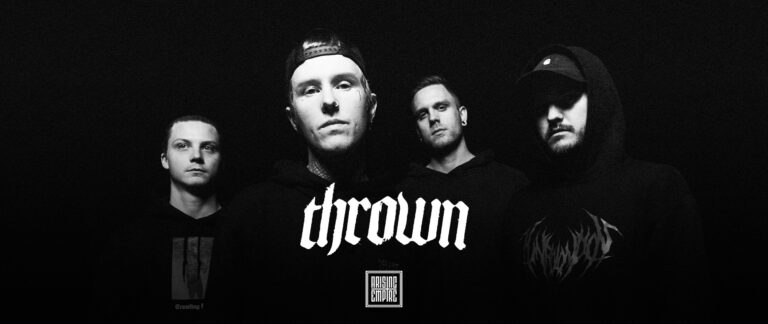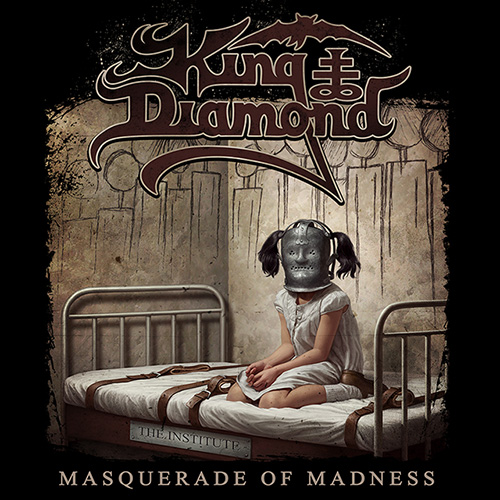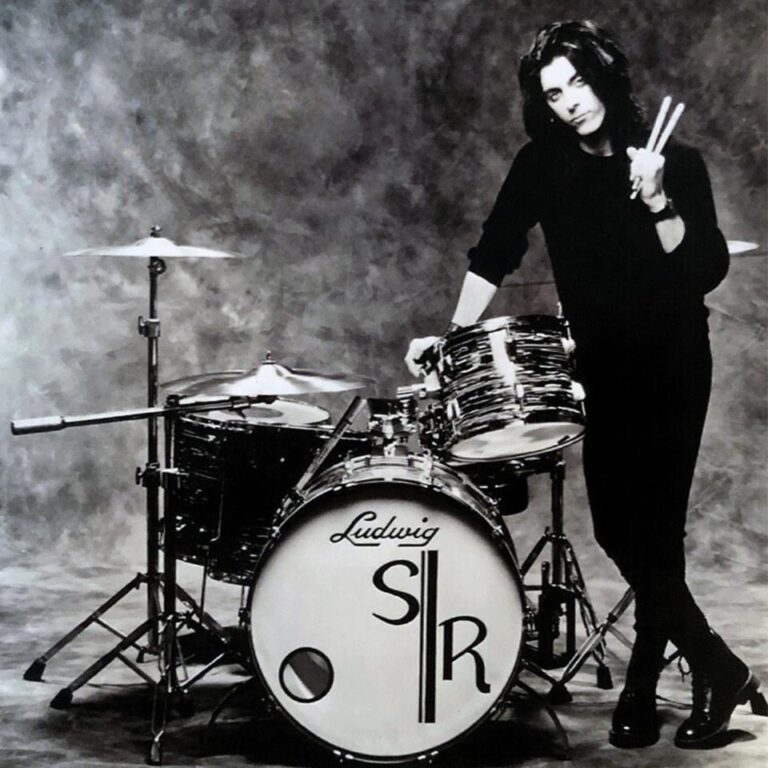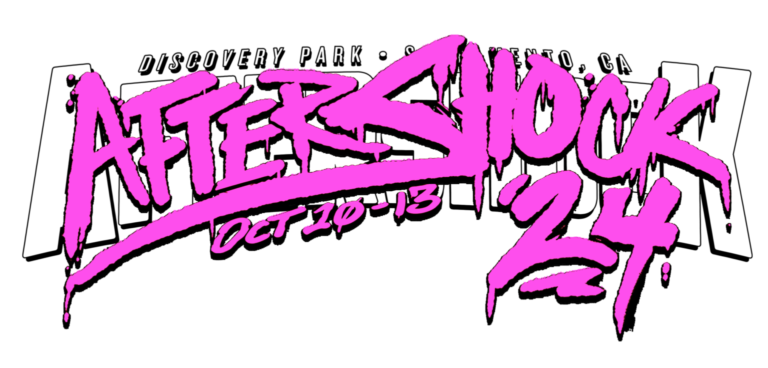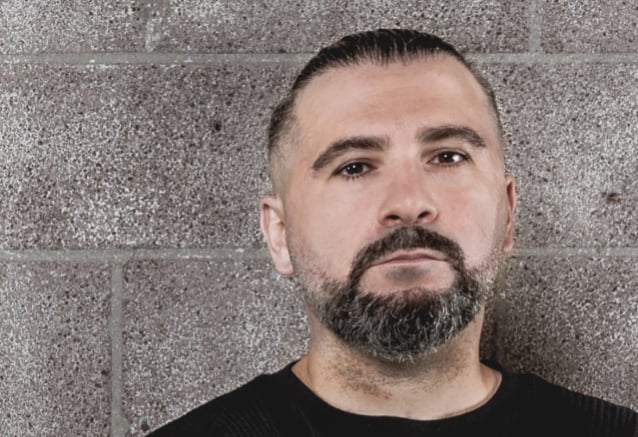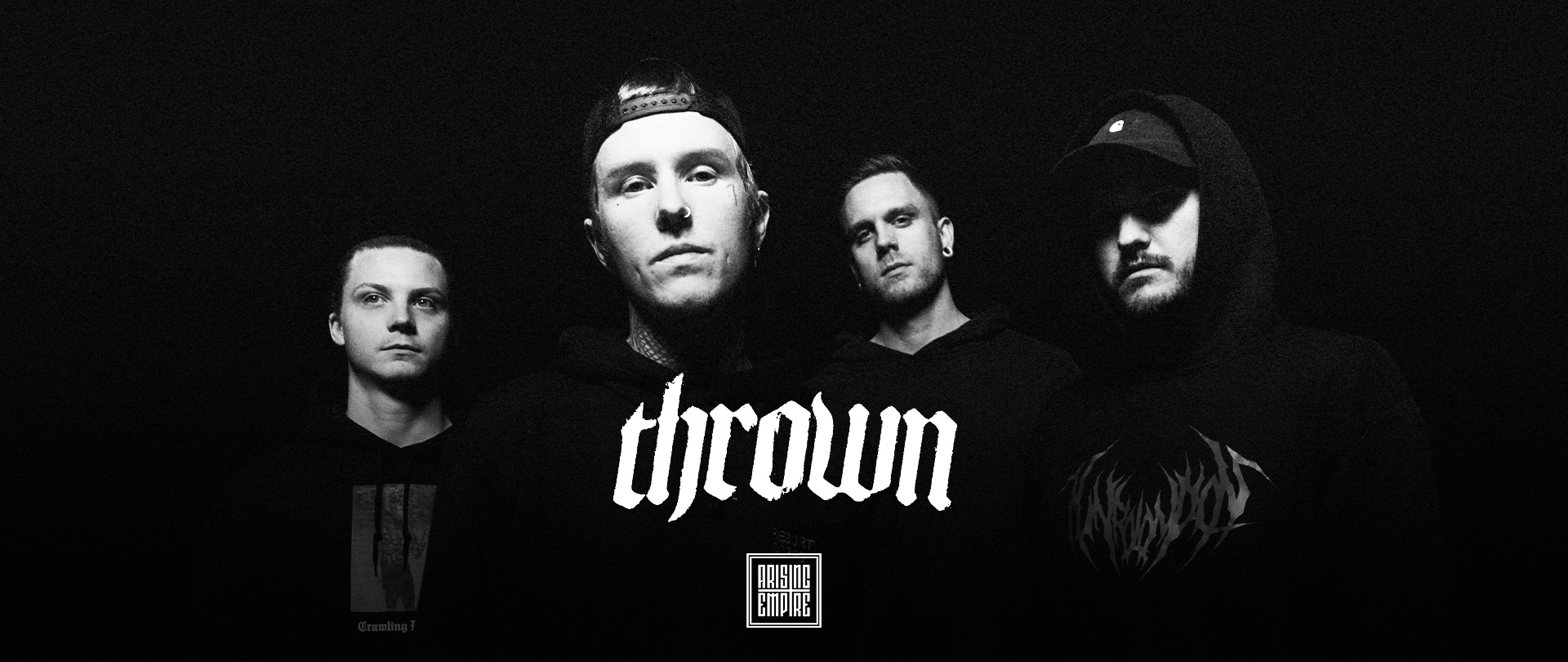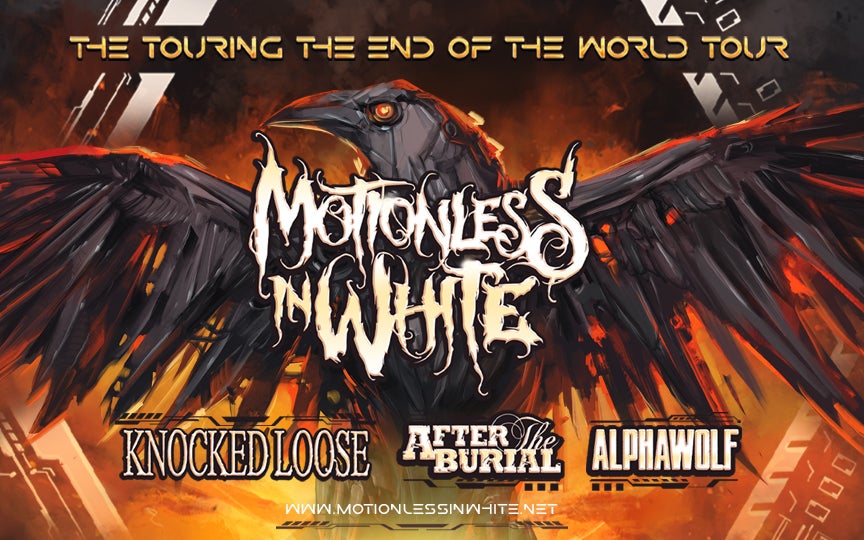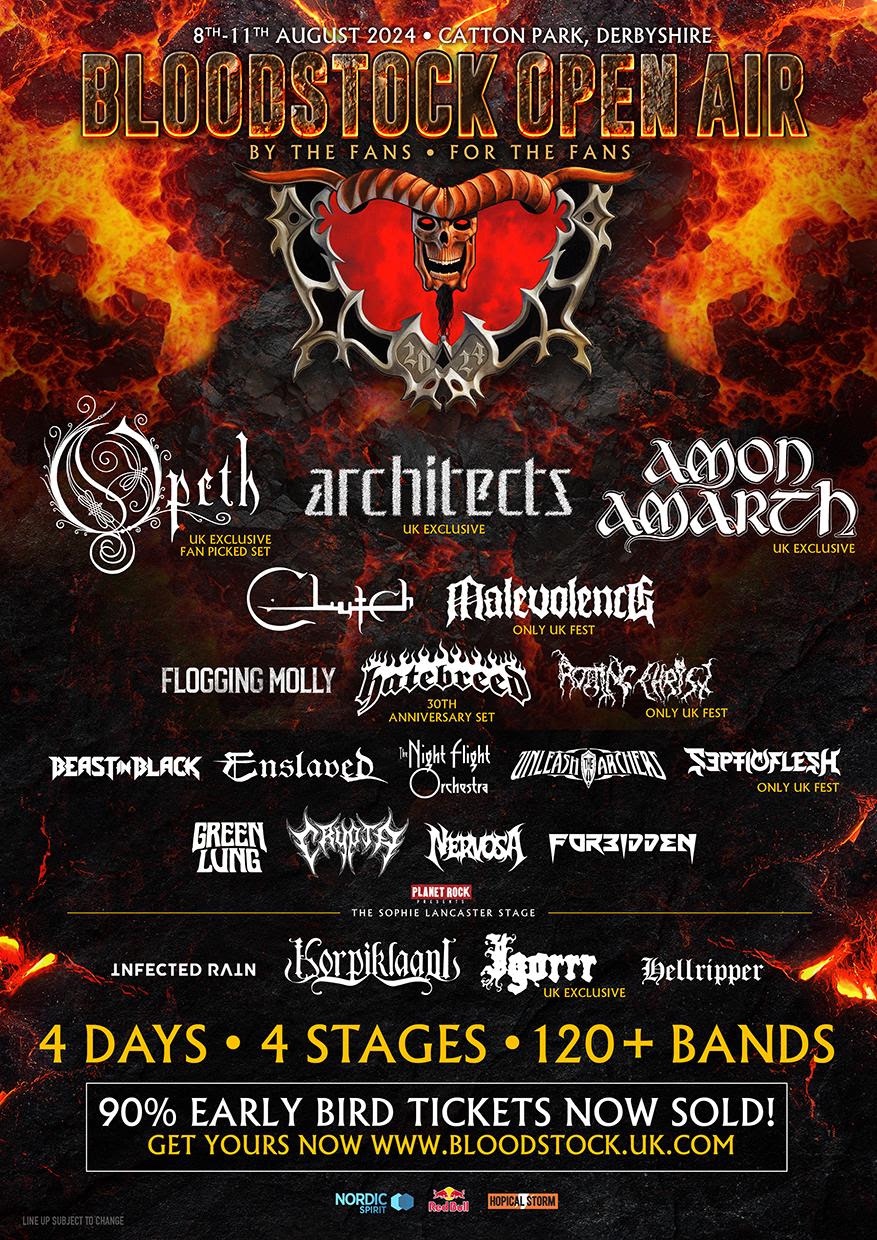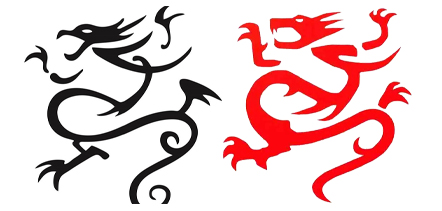
A clash between two iconic musical groups from different genres has recently grabbed headlines, as hardcore punk band Sick of It All has filed a lawsuit against legendary hip-hop duo Mobb Deep. The bone of contention is a dragon logo that both parties claim as their own. While it may seem like an unusual battle, the legal dispute is a prime example of the significance of branding and image in the music industry, where intellectual property rights are fiercely protected.
Sick of It All: A Hardcore Legend
Sick of It All, hailing from New York City, has a legacy that spans over three decades. The band is often hailed as one of the pioneers of the hardcore punk scene, consistently delivering energetic and politically charged music. Throughout their illustrious career, they have amassed a dedicated fan base and have gained recognition for their distinct dragon logo.
Mobb Deep: Hip-Hop Royalty
Mobb Deep, comprised of Prodigy and Havoc, is a celebrated hip-hop duo originating from the same city. The group gained prominence in the 1990s with their gritty and realistic lyrics that painted vivid pictures of life in New York’s less glamorous neighborhoods. While Mobb Deep’s dragon logo is not as central to their identity as Sick of It All’s, it is nonetheless a recognizable emblem.
The Legal Battle
The legal dispute arose when Sick of It All claimed that Mobb Deep’s use of a dragon logo closely resembled their own iconic design, causing confusion among fans and potentially diluting their brand. In their complaint, Sick of It All alleges that the resemblance is not coincidental and accuses Mobb Deep of trademark infringement.
Mobb Deep has vehemently denied any wrongdoing and has countered the allegations by claiming that their logo is inspired by their unique style and has no connection to Sick of It All. They argue that both bands have coexisted for years without any confusion or legal disputes.
The Complexity of Intellectual Property in Music
The battle between these two iconic acts highlights the complexity of intellectual property issues in the music industry. Musicians and bands often create logos and symbols to represent their brand and identity. These symbols are not just graphical elements but also carry deep emotional and cultural significance to both artists and their fans. It is not uncommon for bands to fiercely protect these symbols, as they are critical to their overall image and recognition.
While the legal proceedings are ongoing, it raises questions about how similar two logos must be before it constitutes trademark infringement and dilution. The outcome of this case could set a precedent for future disputes between musicians and bands over logo similarities.
Potential Outcomes
As this legal battle unfolds, several potential outcomes are possible:
- Settlement: The parties could decide to reach a settlement that might involve a licensing agreement or modification of the logos to ensure that they are distinct from each other.
- Ruling in Favor of Sick of It All: If the court determines that Mobb Deep’s dragon logo infringes on Sick of It All’s trademark, Mobb Deep may have to discontinue using the logo or face financial penalties.
- Ruling in Favor of Mobb Deep: If the court finds no substantial evidence of trademark infringement, Mobb Deep will retain the right to use their logo without any legal consequences.
Conclusion
The legal battle between Sick of It All and Mobb Deep over a dragon logo demonstrates that even within the music industry, intellectual property rights are fiercely guarded. It is a reminder that the image and branding of a band can be as important as the music itself. The outcome of this lawsuit will not only impact the parties involved but may set a precedent for similar disputes in the future. Regardless of the verdict, this case serves as a testament to the power of symbols in music and the lengths to which artists will go to protect their unique identities.


